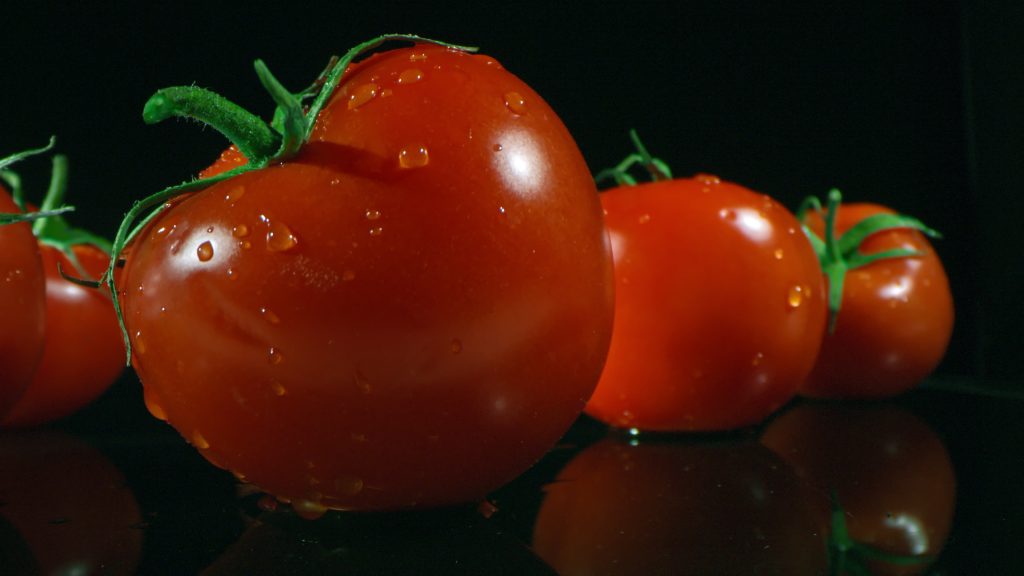Wholesale Tomatoes and Global Quality Concerns: Safeguarding Product Integrity
In today’s interconnected marketplace, buyers of wholesale tomatoes and tomatoes in bulk must be more vigilant than ever. Indeed, recent research has spotlighted alarming practices in the tomato paste industry that threaten product integrity and consumer trust. Specifically, these studies, focusing on markets in Ghana and Lebanon, have revealed widespread adulteration with substances like erythrosine (Red Dye No. 3) and starch—raising serious concerns about the safety and authenticity of imported tomato products.

Wholesale Tomatoes and the Risk of Adulteration
Adulteration in wholesale tomatoes, especially in processed forms like paste and concentrate, can significantly undermine the quality expected in bulk purchases. For instance, in Ghana, a study by the Kwame Nkrumah University of Science and Technology found that tomato paste samples contained undeclared erythrosine and starch levels ranging from 1g/100g to an alarming 24g/100g. Clearly, these additives not only misrepresent product content but also pose potential health risks.
Tomatoes in Bulk: Lebanese Market Findings
Similarly, a major issue was uncovered in Lebanon, where a recent investigation revealed that 37% of tomato paste samples exceeded acceptable starch content levels. Furthermore, 27% failed to meet the standard for total soluble solids (TSS >24%). Notably, local Lebanese brands showed higher adulteration rates than imported ones—48% of local products violated starch standards. Therefore, it’s crucial for buyers to scrutinize the origin and composition of tomatoes in bulk.
Regulatory Response and Codex Standards
The presence of erythrosine in tomato paste directly contradicts guidelines set by regulatory bodies like the FDA and Codex Alimentarius. As a result, in January 2025, the U.S. FDA officially banned erythrosine in all food products, citing health concerns, and set a two-year deadline for manufacturers to comply【5†source】. Consequently, for those sourcing wholesale tomatoes or tomatoes in bulk, understanding and aligning with these regulations is critical to maintaining compliance and consumer trust.
Ensuring Product Integrity in the Wholesale Supply Chain
To safeguard against these issues, importers, distributors, and food manufacturers must take proactive steps to protect the quality of wholesale tomatoes. This includes:
- Vetting suppliers and requiring full transparency on ingredient sourcing
- Requesting third-party lab analyses for quality assurance
- Staying up to date with evolving international food safety standards
In the long run, quality assurance isn’t just a box to check—it’s a strategic investment in long-term brand reputation.
The Importance of Trust in Tomatoes in Bulk
As global demand for tomatoes in bulk continues to rise, so does the need for stringent quality controls. The revelations from Ghana and Lebanon serve as a wake-up call for the industry. Ultimately, businesses that prioritize integrity when sourcing wholesale tomatoes can protect consumers and elevate their standing in the marketplace.
By understanding the risks and acting decisively, stakeholders can help ensure that every batch of wholesale tomatoes delivers the freshness, flavor, and safety that customers deserve.
Ready to Secure Your 2025 Wholesale Tomatoes Supply?
Contact One Source Food Solutions today to get expert help sourcing high-quality processing tomatoes. Our team is here to guide you every step of the way.
Phone: (360) 887-9430
Email: [email protected]
Hours:
Monday – Friday: 8 am – 5 pm
Saturday & Sunday: Closed
